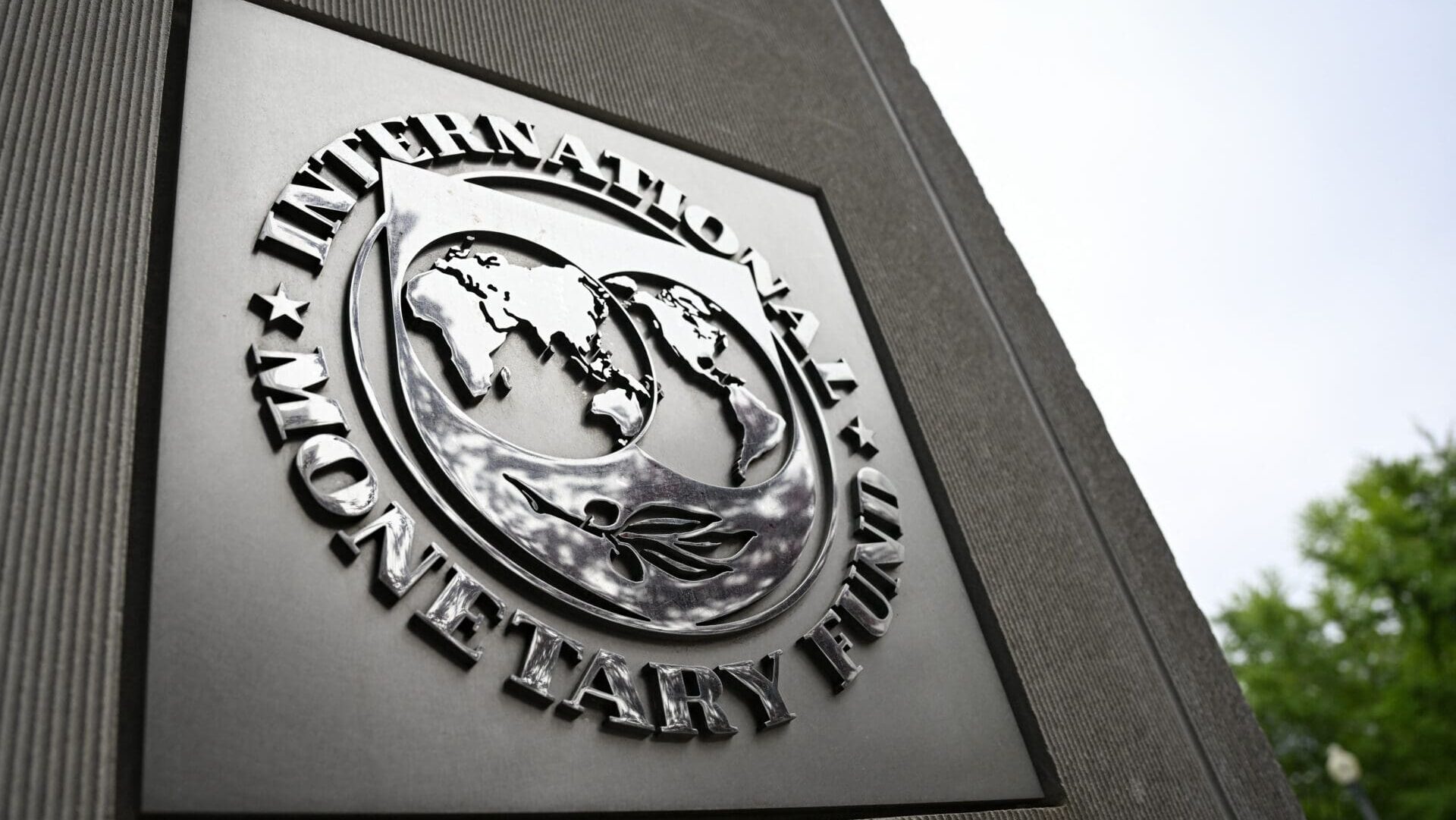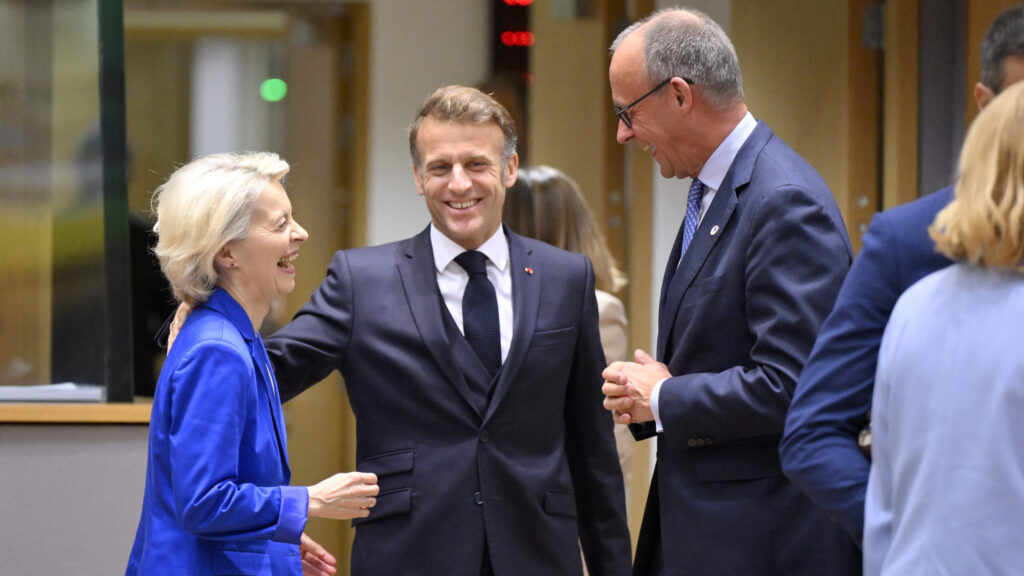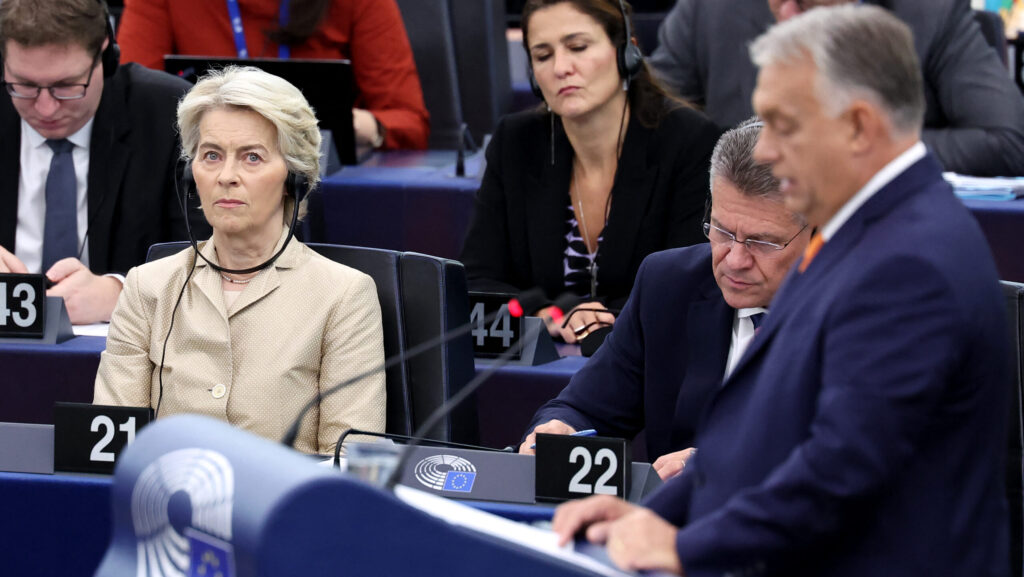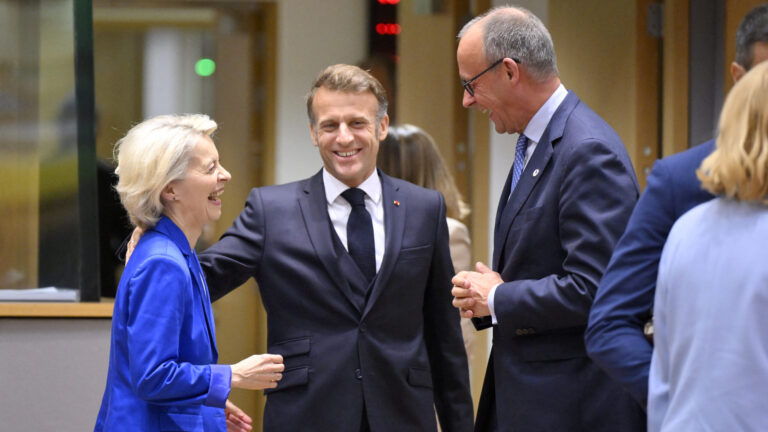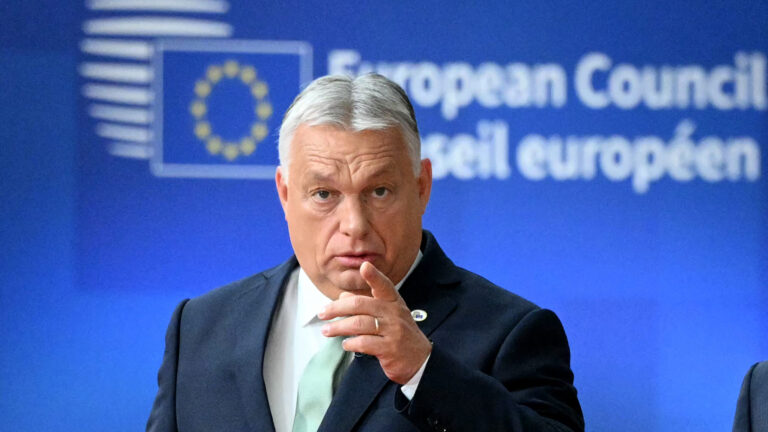Recently, the International Monetary Fund (IMF) published its annual report on Hungary, which reached some seemingly interesting conclusions—though not really. The IMF is, in fact, proposing the same measures for Hungary that it did in 2008, which previously brought the Hungarian economy to the brink of collapse, significantly aided by the left-wing government back then.
At the beginning of the report, the IMF acknowledges that the Hungarian economy ‘is emerging from a period of shocks,’ citing the negative economic effects of the coronavirus outbreak and the war in Ukraine. Nevertheless, the report states that Hungary still faces significant challenges.
‘The fiscal deficit and public-debt-to GDP ratio remain well above 2019 levels, and various temporary windfall taxes have created investor uncertainty. Interest rate caps and subsidized lending measures have distorted market rates, and significant state ownership in key sectors impedes competition. Despite some progress, the ongoing negotiations on the super milestones, including the Commission’s assessment of governance conditions, are delaying the disbursement of EU funds that are vital for supporting digitalization, regional integration, and the green transition.’
The IMF asserts that the right policies can help achieve ‘sustainable and inclusive growth’ in Hungary. But what constitutes the right policies? Among other recommendations,
the IMF advises the Hungarian government to increase taxes.
Specifically, it suggests raising income taxes and implementing a multi-bracket tax system to address the country’s economic issues. Additionally, the IMF proposes introducing a property tax. It also deems corporate taxation to be inequitable and recommends abolishing special corporate taxes to create a ‘fairer’ corporate tax system. Furthermore, the IMF advocates for increased expenditure of Hungarian taxpayers’ money on the green transition.
The IMF would also eliminate one of the Hungarian government’s flagship measures, the reduction of utility expenses. According to the report, this action could accelerate the green transition. The IMF suggests that public spending should be reduced, including measures such as cutting the wages of state employees. Additionally, it advocates for liberalization in the education and health sectors.
The report further recommends phasing out state-subsidized loans,
as they distort market competition, and emphasizes the need to reduce ‘incentives for home ownership’.
The report expressed satisfaction with the Hungarian National Bank, describing its monetary policy as appropriate. It adds that a tight monetary policy is still necessary. Additionally, the report emphasizes that central bank autonomy is crucial for price and financial stability, and should be safeguarded by an appropriate legal framework.
It is clear, therefore, that the IMF still expects Hungary to continue pursuing economic policies such as privatization, deregulation, and liberalization, which have previously proven to be flawed and are based on the Washington Consensus. These policies have already led the country to bankruptcy once, so it is not surprising that the majority of Hungarians oppose them.
2008? Never Again!
Political Director of the Hungarian Prime Minister Balázs Orbán expressed this opinion in a Facebook post. ‘The IMF is once again proposing what the Gyurcsány-government (referring to Ferenc Gyurcsány, the leader of the then left-wing government – ed.) did, and what ruined the country. We won’t ask for it again, thank you,’ Balázs Orbán emphasized.
The financial crisis of 2008 was one of the first to hit the Hungarian economy, which was in a terrible state due to the left-wing government. At the time, the government took a staggering €14 billion bailout loan from the IMF, subject to various conditions similar to the aforementioned recommendations. The country had been repaying this loan for years.
The full loan was settled in 2016, but for eight years, it was a significant burden on the Hungarian economy.
Fidesz, which was in opposition in 2008, warned of the dangers of borrowing, stating that the deal threatened the country’s sovereignty and independence. Some experts cautioned that budget cuts could lead to job losses, exacerbating the already bleak economic situation and increasing the likelihood of a recession.
However, some EU countries have fared even worse than Hungary with IMF assistance; Greece is a notable example. The Mediterranean state took out a €110 billion bailout loan in the years following the crisis, and its negative effects have still not been fully recovered.
In light of all this, it is not surprising that Hungary is not taking advantage of the IMF’s demonstrably flawed proposals and is instead attempting to address its economic difficulties caused by the crises independently.
Related articles:

